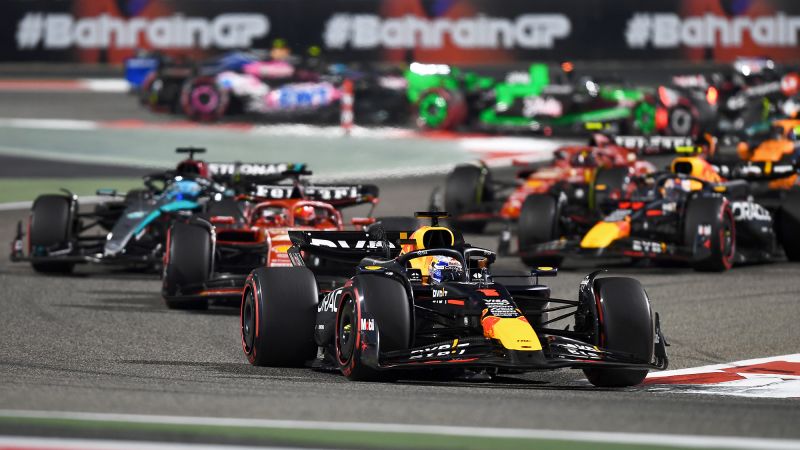French luxury giant LVMH has signed a 10-year sponsorship deal with Formula 1, which will cover its Louis Vuitton, Moet Hennessy, and TAG Heuer brands. This deal, which will be effective starting in 2025, marks a new initiative by LVMH to expand into the world of sports. The company, led by billionaire Bernard Arnault, previously paid €150 million to be the premium sponsor of the Paris Olympics. Rolex had been a long-time sponsor of Formula 1 since 2013, but LVMH will now take over that role.
Luxury brands are increasingly looking to increase their brand exposure through events that offer a combination of hospitality, travel, and entertainment. LVMH, along with other companies, has been exploring new ways to engage with customers beyond traditional sponsorship. At the Paris Olympics, LVMH and other brands went beyond simple sponsorship and participated in ceremonies such as medal presentations. This allowed them to connect with consumers in a more meaningful way and showcase their products in a unique setting.
Frederic Arnault, the CEO of LVMH Watches, highlighted the company’s existing investments in Formula 1 and expressed a desire to further enhance the experiential aspect of the sport on a global scale. While LVMH did not disclose the financial terms of the deal with Formula 1, it is clear that the company sees value in aligning its brands with high-profile sporting events. The sponsorship of the Paris Olympics included Chaumet, a jeweler under the LVMH umbrella, which designed the medals for the event. These medals were unique as they contained original pieces of the Eiffel Tower, showcasing the brand’s creativity and craftsmanship.
The shift from Rolex to LVMH as a sponsor of Formula 1 reflects the changing landscape of luxury branding and marketing strategies. With luxury players increasingly looking to engage with consumers in new and innovative ways, partnerships with major sporting events offer a platform to reach a global audience. By investing in Formula 1 and the Paris Olympics, LVMH is positioning itself as a key player in the luxury sector with a focus on experiential marketing. This strategic approach allows the company to showcase its diverse portfolio of brands and create memorable experiences for consumers.
Overall, the sponsorship deal between LVMH and Formula 1 represents a strategic move by the luxury giant to further establish its presence in the sports and entertainment industry. By aligning its brands with high-profile events like Formula 1, LVMH aims to enhance its global reach and connect with consumers in a meaningful way. This partnership underscores the evolving nature of luxury branding and marketing, with companies like LVMH seeking to differentiate themselves through innovative strategies and unique experiences. As the luxury sector continues to evolve, partnerships with major sporting events will likely play a key role in shaping the future of luxury branding and marketing.













